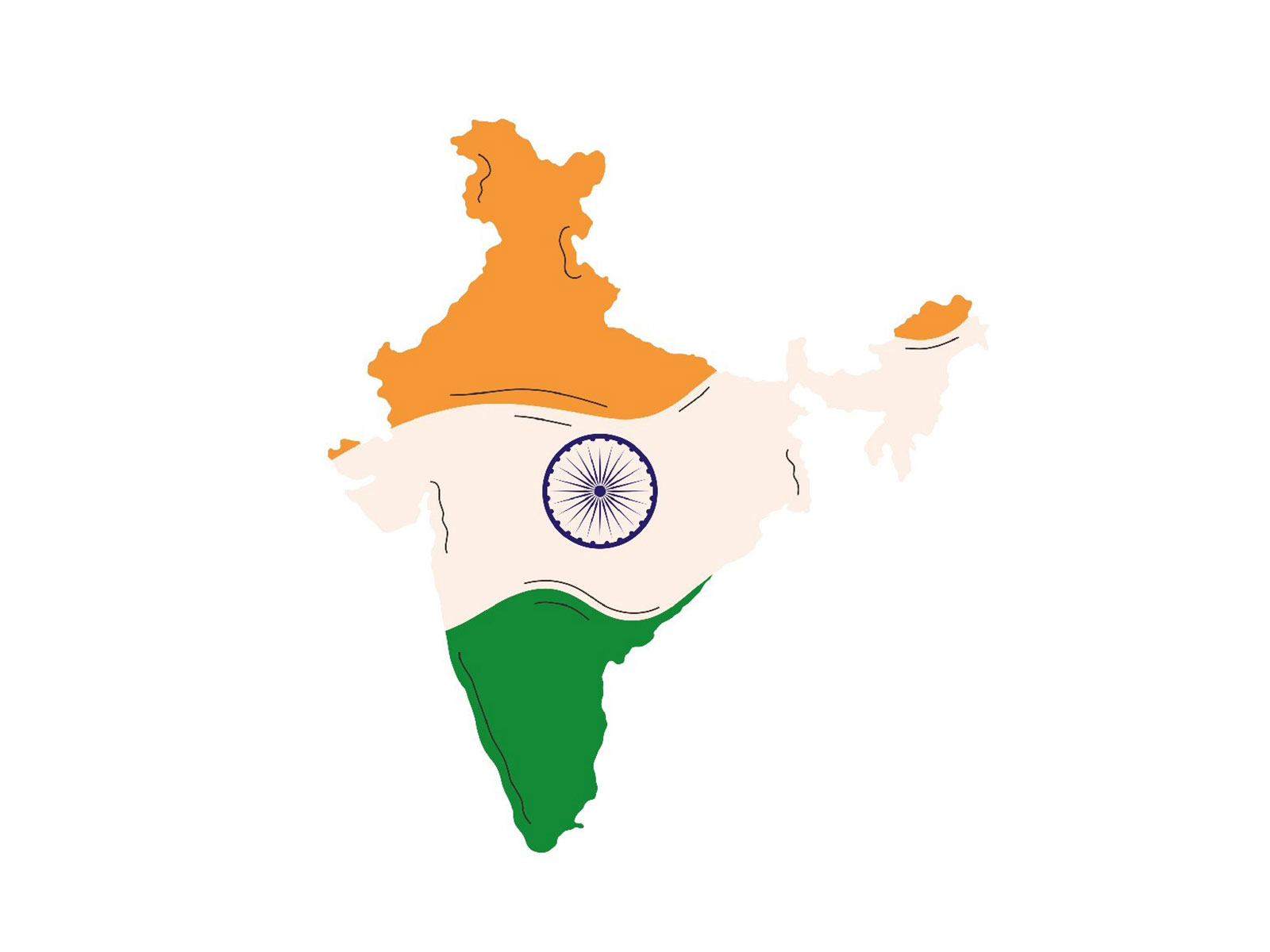VMPL
New Delhi [India], November 12: India's manufacturing landscape is undergoing a strategic transformation as more domestic industries align with the government's Quality Control Orders (QCOs) under the Bureau of Indian Standards (BIS). This quality-first approach is redefining the "Made in India" label, elevating it from a symbol of origin to a hallmark of performance, safety, and global competitiveness.
Implemented across a wide spectrum of product categories including electronics, industrial machinery, food service equipment, and consumer goods, the BIS QCO mandate ensures that all manufacturers meet uniform, certified benchmarks. This nationwide movement not only protects consumer interest but also positions Indian-made products to compete confidently in international markets.
"India is steadily moving towards a unified quality regime for both domestic and international markets." Shri Piyush Goyal, Minister of Commerce and Industry, Government of India, in a speech at the 75th anniversary celebration of SGS in India. He further adds, "Every test result should carry with it the weight of trust of 140 crore Indians. They trust a certificate of quality. Larger industry bodies should support small MSMEs upgrading their quality to global standards."
Key Benefits of QCO Implementation:
* For Consumers:
-Access to safer, more reliable, and certified products
-Increased transparency and accountability
-Strengthened confidence in Indian-made goods
* For Manufacturers:
-Compliance with global standards enabling export-readiness
-Protection against low-quality imports
-Enhanced brand reputation and reduced liability risks
-Improved investor interest through demonstrated quality assurance
* For the Industry at Large:
-Encouragement of sustainable, future-ready production systems
-Cluster-based testing facilities and technical assistance to support MSMEs
-Greater market access and regulatory uniformity across sectors
This national drive, anchored by the BIS, is playing a critical role in boosting India's industrial self-reliance, while also sending a strong signal to global stakeholders about the country's commitment to building quality at scale.
From local manufacturers and MSMEs to large-scale producers, the impact is both wide and deep, ushering in a new standard for what it means to be "Made in India."
As India continues to position itself as a trusted global manufacturing hub, the QCO-led framework represents not just regulatory reform but also a vision for economic resilience, technological innovation, and sustainable growth.
(ADVERTORIAL DISCLAIMER: The above press release has been provided by VMPL. ANI will not be responsible in any way for the content of the same.)

